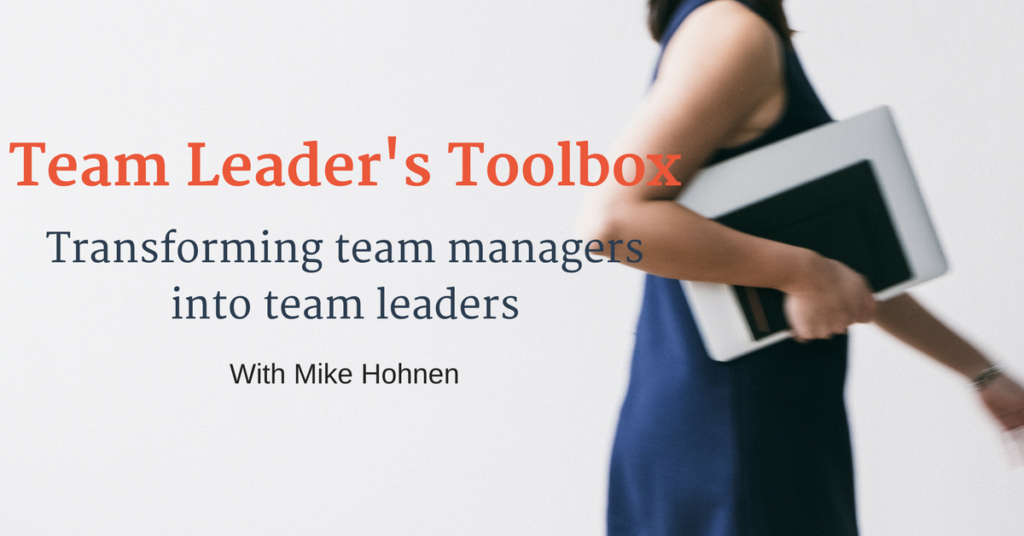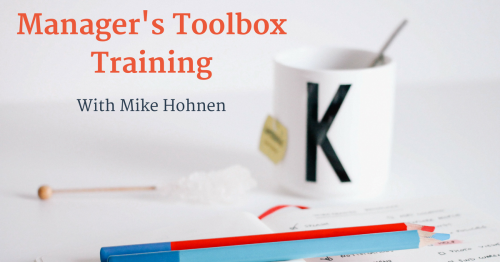
What kind of employee experience are we delivering? That has been the theme of my blog posts over the past 3-4 weeks.
A few years ago, MIT Sloan Management Review ran an article entitled “Designing the soft side of customer service”. In it the authors argue that regardless of whether we are talking a pizza delivery or a complex consulting agreement, emotions are lurking under the surface and that our job is to make those feelings positive.
If we are aiming to create the optimal customer experience, we will need to start off by examining the kind of employee experience that is going to be the foundation of the customer experience.
A miserable employee is not going to provide your customer with a breathtakingly positive emotional experience – no matter how much you train them.
But this is not just about the full employee journey: recruitment to exit-interview. As managers, we need to focus on the day to day experience as well.
We have looked at endings, consequences and psychological safety in previous posts, so this week let’s take a look at what else we can learn from the field of behavioural science that can help us understand what drives a great employee or customer experience.
You need to focus on the “ETCs”.
Emotions influence what we remember. Emotionally charged episodes are easy to recall. “Experiences” that triggered no emotional reaction, positive or negative, are quickly forgotten.
Basically our emotions are triggered when something turns out better or worse than we expected. And the corresponding emotional response is then either positive or negative. A good manager does her best to manage the emotions of her team – and sprinkles the day with a few unexpected positive surprises as well. Positive surprises are anything from throwing a pizza and beer party to celebrate a win, to the simplest little gests of encouragement during the day.
Trust is the basic psychological variable that is essential to any form of relationship. No trust, no relationship. If we want engagement, there needs to be trust. And trust is the mirror of how we show up on a day to day basis as human beings. Are we reliable? Do we do what we said we would do? Do we care for and stand up for our team?
Control over one’s environment and knowledge of how events are going to unfold are fundamental psychological needs. But control is also linked to trust. In a high trust environment, the need for control is less. There is one more aspect of control when we are talking employees and that is the sense that I have some degree of control over how I do my job. This is one of the foundational cornerstones of employee engagement.
Every situation in the day that involves uncertainty either in outcome or in process will cause our team members to experience a loss of control – and that closes the loop back to emotions because a sense of loss of control creates some very negative emotions.
So there it is, as a manager, I need to manage the emotions, trust and sense of control of my team if I want to make sure that they are in the best possible shape to create a fabulous customer experiences.
It sounds complicated, but it does not need to be – In our next manager’s toolbox workinar*, we will talk about some simple tools and tips that can help you do a much better job at this.
* I have a new online training out on this: The Team Leaders Toolbox – check it out
___________________________________________________
This is the 14th article in a series on how to lead as a first time manger. If you would like to know more, check out other articles of the first time manager series:
- How are you supporting your first time managers?
- The big leap… from team member to team leader
- First time manager – The challenges
- Direction, Alignment & Commitment in 4 easy steps
- How your relations affect your results
- Powerful or powerless, what do you prefer?
- Behaviour
- Conversations, not small talk
- Take charge of your energy levels!
- You won’t get results by pussyfooting around the issues!
- What drives a fabulous employee experience?
- Employee experiences and why you need to focus on consequences
- No fear, it is the foundation of a great team.




